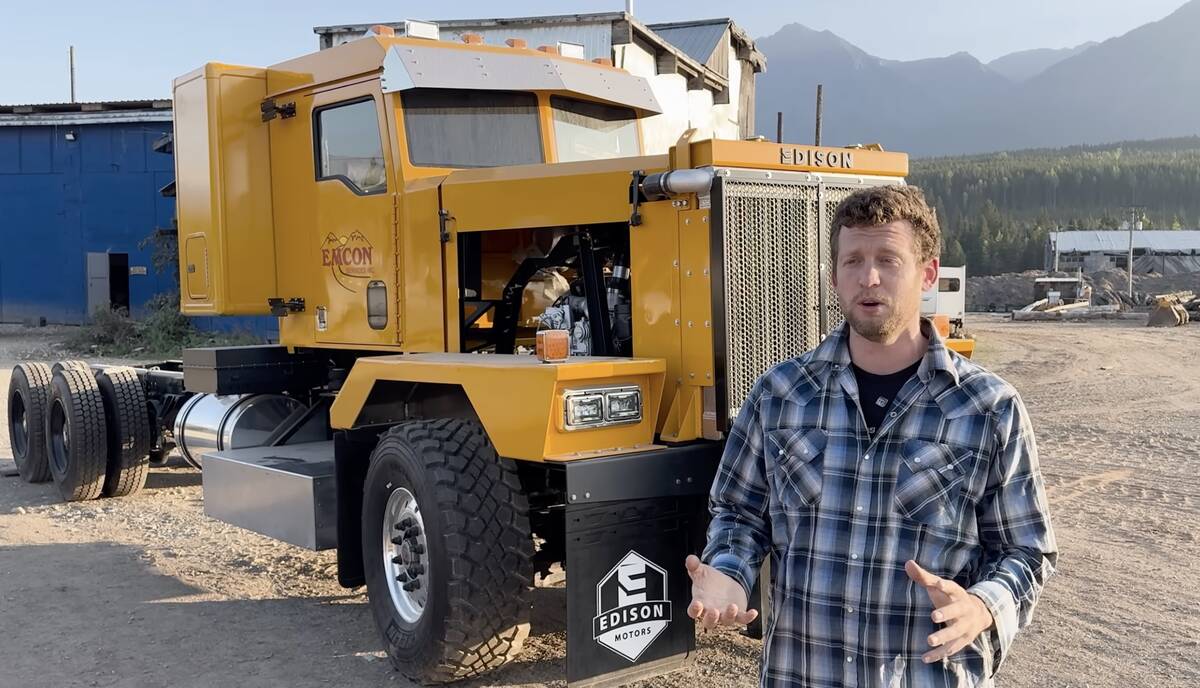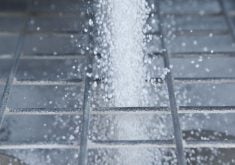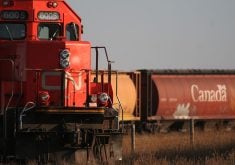BRANDON — It’s no secret that diesel engines in combines, tractors and highway rigs have been receiving the backyard performance treatment for the past decade.
Power and fuel economy of diesel engines built since late 2005 sometimes fall below owners’ expectations.
However, the days of simply turning up the screw on the injector pump for more power are long gone. Independent shops, along with the owners of farm implements and highway tractors, have perfected the science of stripping emission systems, changing turbos, changing exhaust systems, removing sensors, installing new chips and performing some secrets they don’t discuss.
Read Also

Gap in emission regulations hamstrings Canadian hybrid truck manufacturer
A B.C. company building hybrid engines for heavy trucks says they have the opportunity to build something leading edge in Canada, but our own laws are stopping them from doing it.
But dealerships have since stopped modifying diesel emission systems because of possible legal repercussions. Some independent shops continue the practice, but they no longer flaunt the fact for fear the authorities will pay them a visit or create more restrictive regulations.
Some independent shops have the expertise to risk removing the original equipment manufacturer’s engine control module and replacing it with a new program designed to work in a specific combine, tractor or semi, according to Mike Munroe of Western Turbo and Fuel Injection, which has introduced a module that accomplishes the same thing, legally.
“It’s against the law to mess with the emission control system on a vehicle, so we don’t do it.”
However, he said demand for aftermarket modifications has not diminished.
“There’s still a huge demand for more power and better fuel economy in today’s latest diesels,” he said.
“If you can put an extra $20 or $25 per working hour back into your bottom line by reducing fuel consumption, of course you’re interested.”
Munroe said he has a customer who does custom spraying with the typical Cummins 59 common rail engine. He often worried when spraying all day that he might not have enough fuel to get home.
“After he installed our module, he tells us there’s never a worry about running dry before he gets home.”














